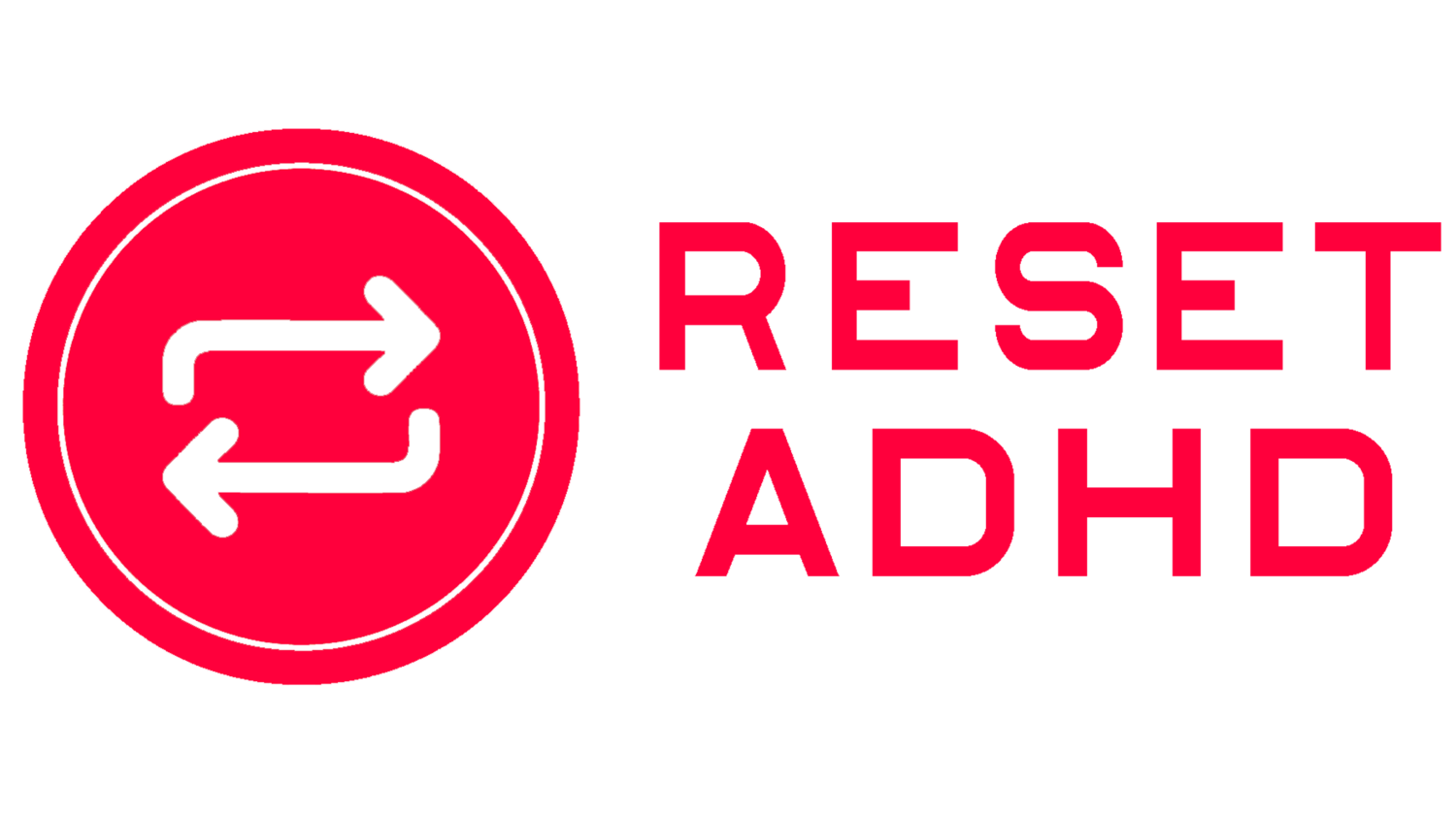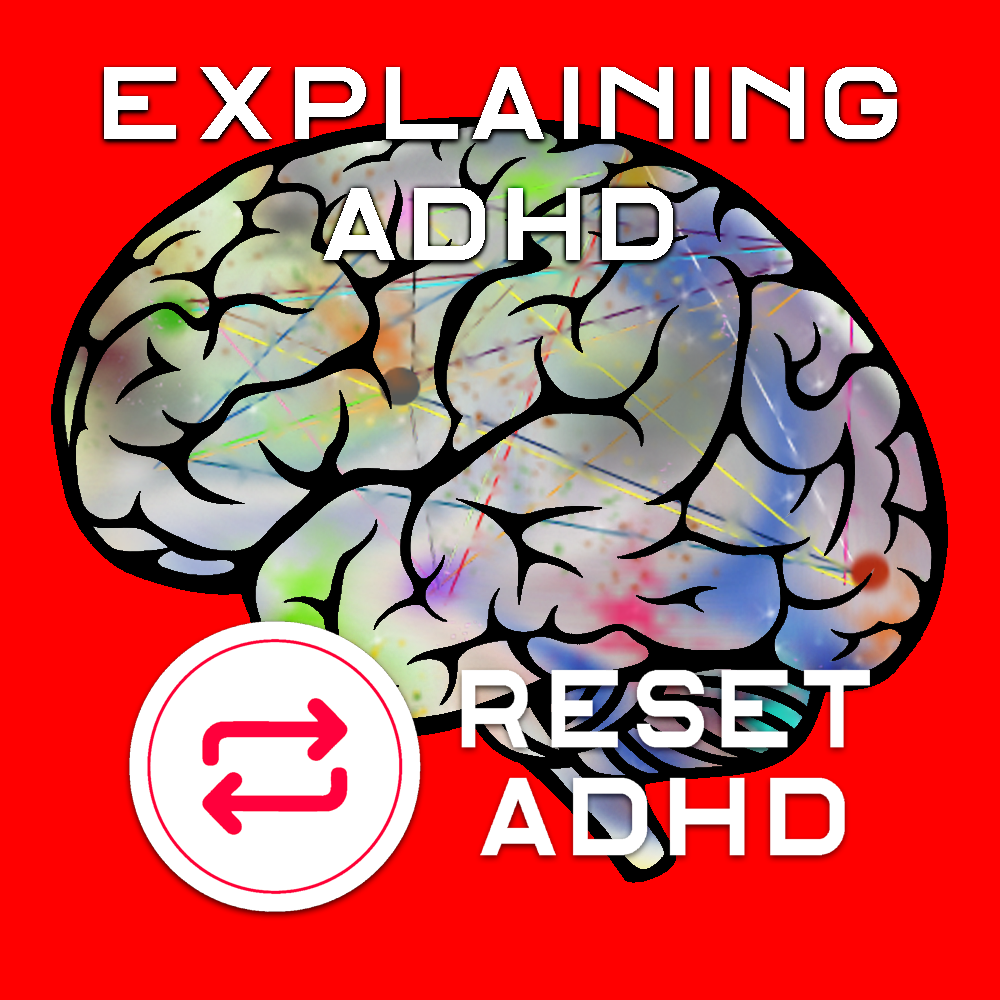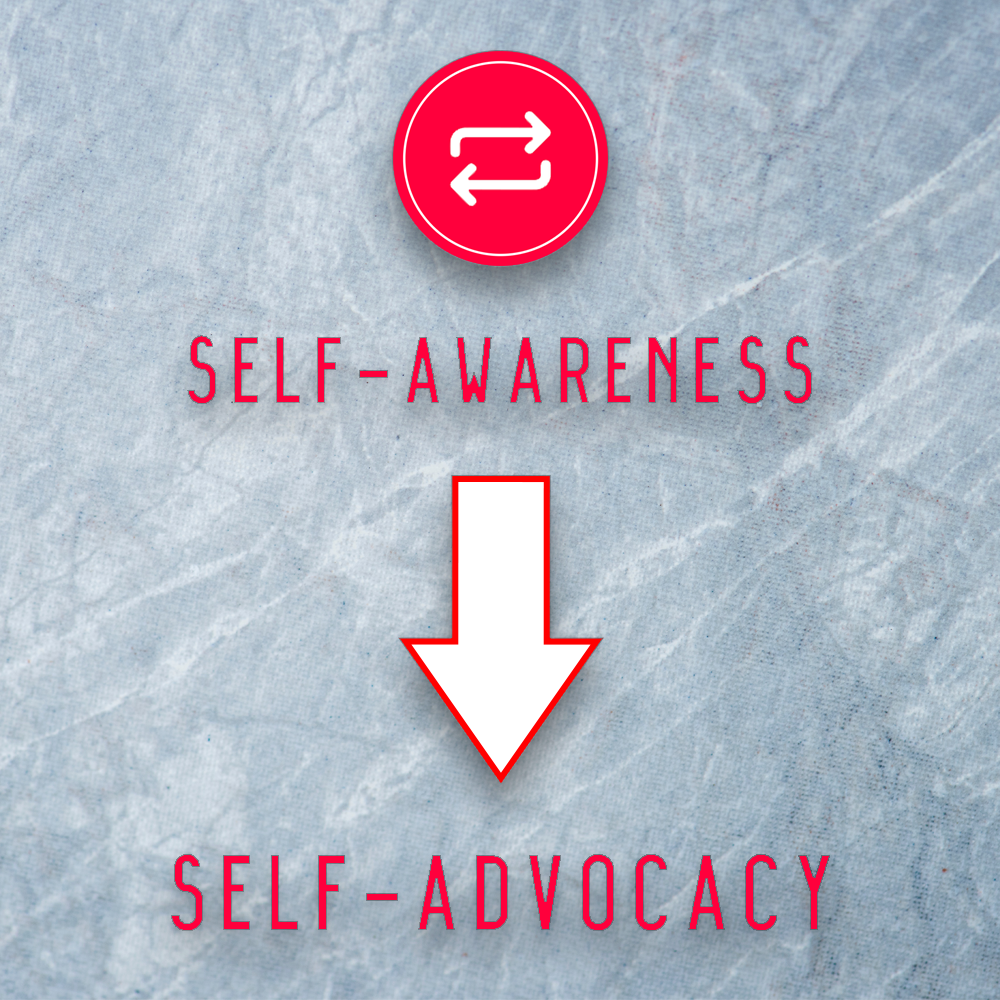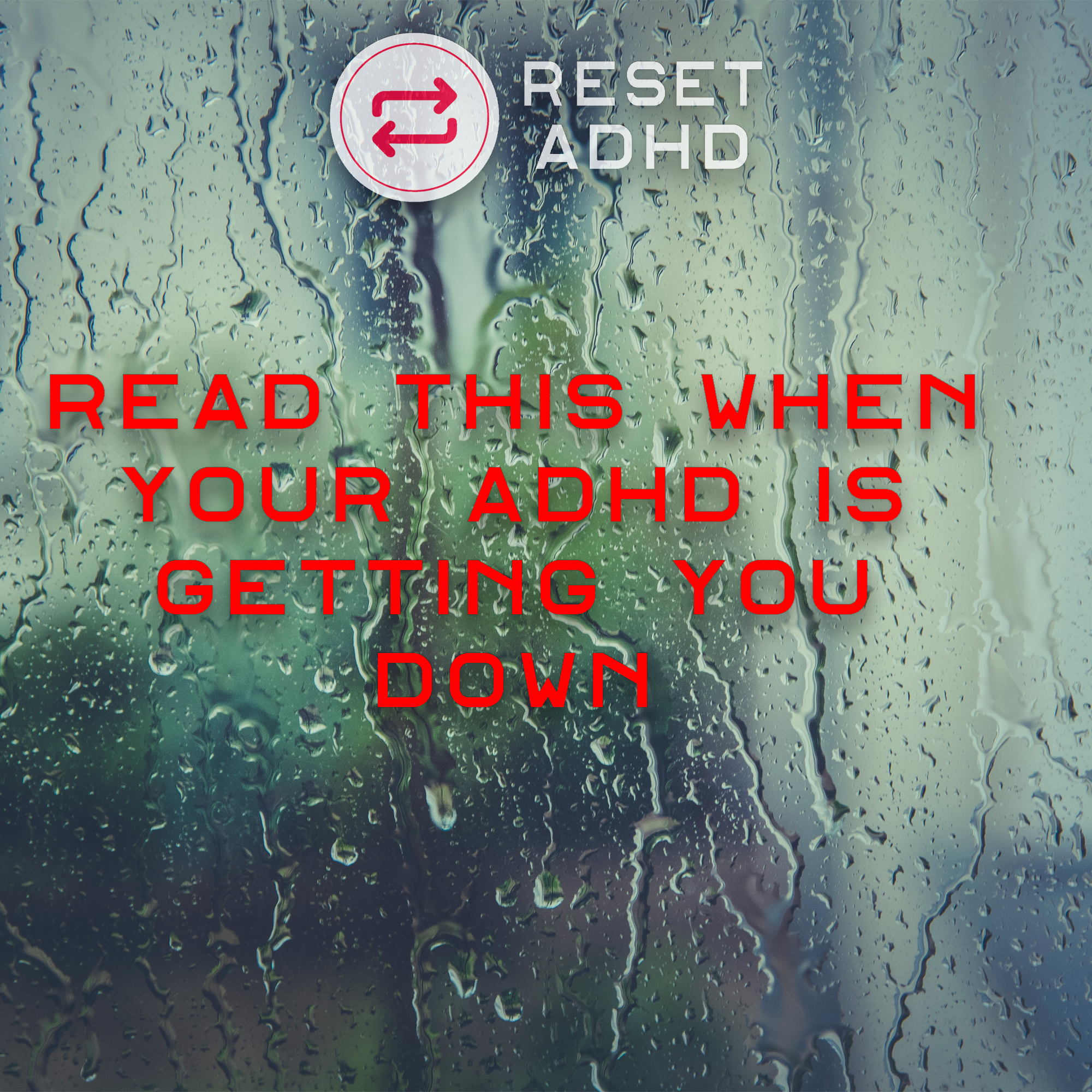blog
- Accountability 3
- Advice 198
- BOREDOM BUSTER 2
- Books 12
- Calendar 2
- Careers 4
- Coaching 22
- Comorbid Conditions 5
- Crime 5
- Diet 2
- Emotional Regulation 6
- Encouragement 71
- Exercise 11
- Fun 29
- Getting Unstuck 81
- Giveaways 1
- Humor 12
- Impulsivity 10
- Information 128
- Inspiration 107
- Medication 7
- Memory 9
- Money 1
- Movies 7
- Music 3
- Musicals 2
- Personality 21
- Perspective 40
- Positivity 84
- Prayer 5
- Productivity 88
- Rants 41
- Relationships 14
- Reviews 4
- Schedule 3
- School 9
- Self-Care 7
- Sleep 13
- Social 5
- Spirituality 7
- Sports 1
- Stereotypes 2
- Stories 30
- Strategies 97
- Strengths 11
- TV Shows 4
- Tech 1
- The Weekly Reset 216
- Time Management 8
- Tips 149
The Relationship between ADHD and Introversion
To some, it may seem like ADHD and introversion are opposites. ADHD is associated with a lot of extroverted behaviors. However, it is important to remember that introversion is about recharging when alone and not around other people. Introverts can be outgoing, while still needing that alone time. In fact, a 2017 study of 117 people with ADHD found that 58.1% of them were introverts. Therefore, it is, indeed, possible to be an introvert and have ADHD.
How to Explain Your ADHD
I was once catching up with an acquaintance I had not seen in a long time, and it came up in conversation that I have ADHD. She had never known that about me and had never really had ADHD explained to her before. She asked, “ So, what is that like fo you? Like, how does that feel?” I hesitated and did not really know what to say. Of course, I know what it is like to have ADHD. I have it; I know what it is like. But, when it comes to explaining it, especially to someone who has no concept of what it is like, it is incredibly difficult. Furthermore, I do not know what normal is. How do I even know I am covering everything? Even though I have been diagnosed with ADHD for over 5 years, I am still finding out new things about ADHD that make me go, “Oh," that is why I do that weird thing!”
How Richard Simmons Can Help You Manage Your ADHD
Richard Simmons spent decades helping people get in shape and lose weight. His flamboyant style and compassion brought him great fame. Although he has not made a public appearance since 2014, his legacy endures, and it is applicable to ADHDers.
Why Exercise Is Important for the ADHD Brain
Exercise is one of the most common “alternative treatments” for ADHD bandied about on the internet. At first glance, it might seem weird that this would be promoted for ADHD. How would going for a run help one’s ability to concentrate? However, this issue is not without at least some scientific backing.
The ADHD Brain's Need to Have Fun
ADHDers are often told to work harder. Yes, it is important to have a strong work ethic, but it is also important to play hard as well. My grandfather once advised me, "Alex, whatever you want to do in life, work hard to get there, but also, take the time along the way to play hard, as well." This is a lesson I have never forgotten. Years later, I heard something similar while studying ADHD. The ADHD mind needs time every day for some unstructured fun. Play, which Dr. Edward Hallowell defines as "any activity in which your brain lights up and you get imaginatively involved," is not only necessary, but also can help one be more productive and learn more about oneself.
Why Every ADHDer Needs a Doggo in Their Life
ADHD expert, Dr. Edward M. Hallowell has, on numerous occasions, proclaimed his belief that kids should be given a doggo when they receive an ADHD diagnosis. Dog-loving ADHDers rejoice! ADHD expert, Dr. Edward M. Hallowell has, on numerous occasions, proclaimed his belief that kids should be given a doggo when they receive an ADHD diagnosis. Dog-loving ADHDers rejoice!
Self-Awareness Leads to Self-Advocacy
Knowledge is power, and it is even more powerful when it is self-knowledge. One of the best things you can do to manage ADHD and improve your life is to know yourself better. Self-exploration is something everyone should do, regardless of whether they have ADHD or not. When you know yourself and your needs, you are better able to articulate what you need from others. This takes time, but it is well worth it.
The Importance of a Strengths-Based Approach to Managing ADHD
Reset ADHD advocates a strengths-based approach to managing the symptoms of ADHD. This method relies on what the ADHDer does well, as opposed to those areas of struggle. This approach has more promise than one that tries to fix those areas where an ADHDer struggles. Instead of focusing on our weaknesses, those of us with ADHD should focus on our strengths. Yes, ADHD will cause us challenges, and we need strategies to overcome those challenges. But, relying on a skill in which we are not proficient to overcome a challenge is not a recipe for success. Using your strengths can build up confidence and can help you overcome challenges created by your weaknesses.
How to Make a Decision When ADHD Makes Everything Enticing!
ADHD can make a person indecisive. Many things interest the ADHD brain, and ADHDers are constantly being distracted by something new and exciting. Moreover, when there are too many options from which to choose, ADHDers can get overwhelmed and become paralyzed. This can be frustrating, but here are some strategies that might help you break your pattern of indecision.
A Crappy Truth about ADHD
After a recent diagnosis of a rare bacterial infection in my intestines as well as irritable bowel syndrome, I began wondering if gastrointestinal issues were one of the many comorbid conditions that plagued ADHDers. The results of my searching were, well, crappy (if you'll pardon the pun). While not much research has been done in the area, there is some evidence that GI distress is common among those with ADHD. There are many GI issues ranging from serious diagnosable conditions to occasional digestive issues, so this is a wide area. I am not a medical professional. Therefore, I will try to simply relay facts instead of making any bold claims. The only claim I intend to make is that some people with ADHD experience gastrointestinal issues.
An Exercise for Your Body as Well as Your Brain
Extreme puzzle involves doing a jigsaw puzzle and running. I do the puzzle on my kitchen counter and, for every piece I place in the puzzle, I sprint up a nearby staircase. I have to hit both feet on the top of the stairs, it does not count. Typically, the sprint up the stairs occurs immediately after the piece has been placed in the puzzle. However, if I get on a roll, I allow myself to connect all of the pieces I can and then do however many sprints I owe in a row. For example, if I saw three pieces that I could immediately connect to the puzzle, I would place those three in the puzzle, and then I would do three sprints up the stairs in a row.
A Non-Boring, Physical, and Creative Exercise from My Youth
Exercise is BORING. This means it is hard for me to enjoy doing it, and when I do not enjoy doing something, there is a good chance I won't do it. That is why I continue to find new and exciting ways to exercise. However, to make exercise fun, it is sometimes beneficial to bring back a physical activity you did as a kid.
I don't really have a name for this exercise routine. Lately, I have been calling it "Imaginary basketball." Essentially, it is a basketball game involving only yourself. You take control of both teams and dictate how they perform.
Back to School Tips for Students with ADHD
Welp, I hate to break it to you, but it is that time of year again. It is time to start preparing to go back to school. Some schools are even in session already. This can be a difficult time when you have ADHD. Over the summer, you probably established some routines that you did not have during the previous school year, and breaking those habits and developing new ones for the upcoming school year will not be easy or fun. However, I have compiled a few tips for making the transition back to school less difficult.
Back to School Tips for Teachers of Students with ADHD
The time has come. Your break from students is over. Soon, you will be staring at half-asleep students, most of whom do not want to be there. Some of these students will have ADHD. From what I hear from teachers I know, teacher training provides little (if any) information about ADHD. You might find it a daunting challenge to manage these students and help them learn. Well, fret not! I have compiled some tips to help you teach your students with ADHD and help both you and your students start the school year on a positive note.
Back to School Tips for Parents of Students with ADHD
Once again, we stare ahead and see a new school year looming before us. Is your child with ADHD ready? Are you worried that they might not be? It is entirely possible that they are not. If you would like to know what you can do to help your child start the new school year on a positive note, read on! I have compiled some tips you can utilize to help both you and your child have a successful start to the school year.
The Podcast That Puts Your ADHD Brain to Sleep
One of the best things you can do for your ADHD brain is to get plenty of sleep, yet many of us ADHDers struggle with getting to sleep. Even if you do stop doing that one more thing and get into your bed at a decent hour, there is a chance your brain will not shut down and go to sleep. It can be frustrating to stare at the clock for hours waiting for your brain to shut down. As it gets later, the pressure to fall asleep grows, and the pressure makes it harder to fall asleep. This can be one of the worst parts of having ADHD. For years, I struggled with falling asleep, only managing to fall asleep in a reasonable amount of time when I was extremely tired.




















